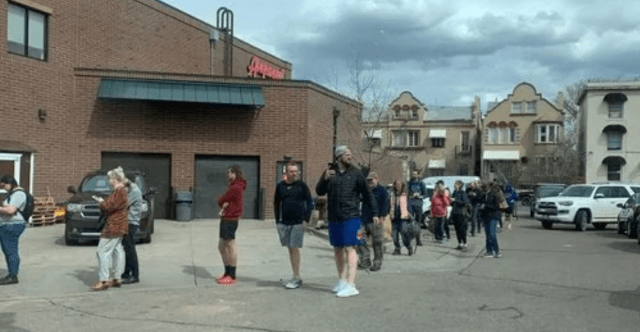
It is terrifying. I’m running as fast as I can, but something is bogging me down. It’s like my joints have been soaking in rubber cement and I’m wearing clown shoes. I’m trying to get away from whatever is chasing me. Is it a man with a knife, or is it a monster? I’m unsure, and really, it’s unimportant. What matters is that no matter how hard I try, I can’t run fast enough, and whatever it is, it is gaining me.
Have you ever had this kind of dream? I have this one semi-regularly. It isn’t just about being chased, it is about my own ability to run being hampered or limited. I don’t know what it means. I’ve never had any of my dreams analyzed. But I can tell you what it reminds me of. It reminds me of trying to get away from the high-functioning alcoholism that was slowly killing me. My progress was slow and clunky, and I felt like I could not put distance between me and my pursuer. My top speed, as mediocre as it might have been, was completely elusive as I trudged weakly forward, trying to gain traction while the earth oozed like quicksand below my feet.








